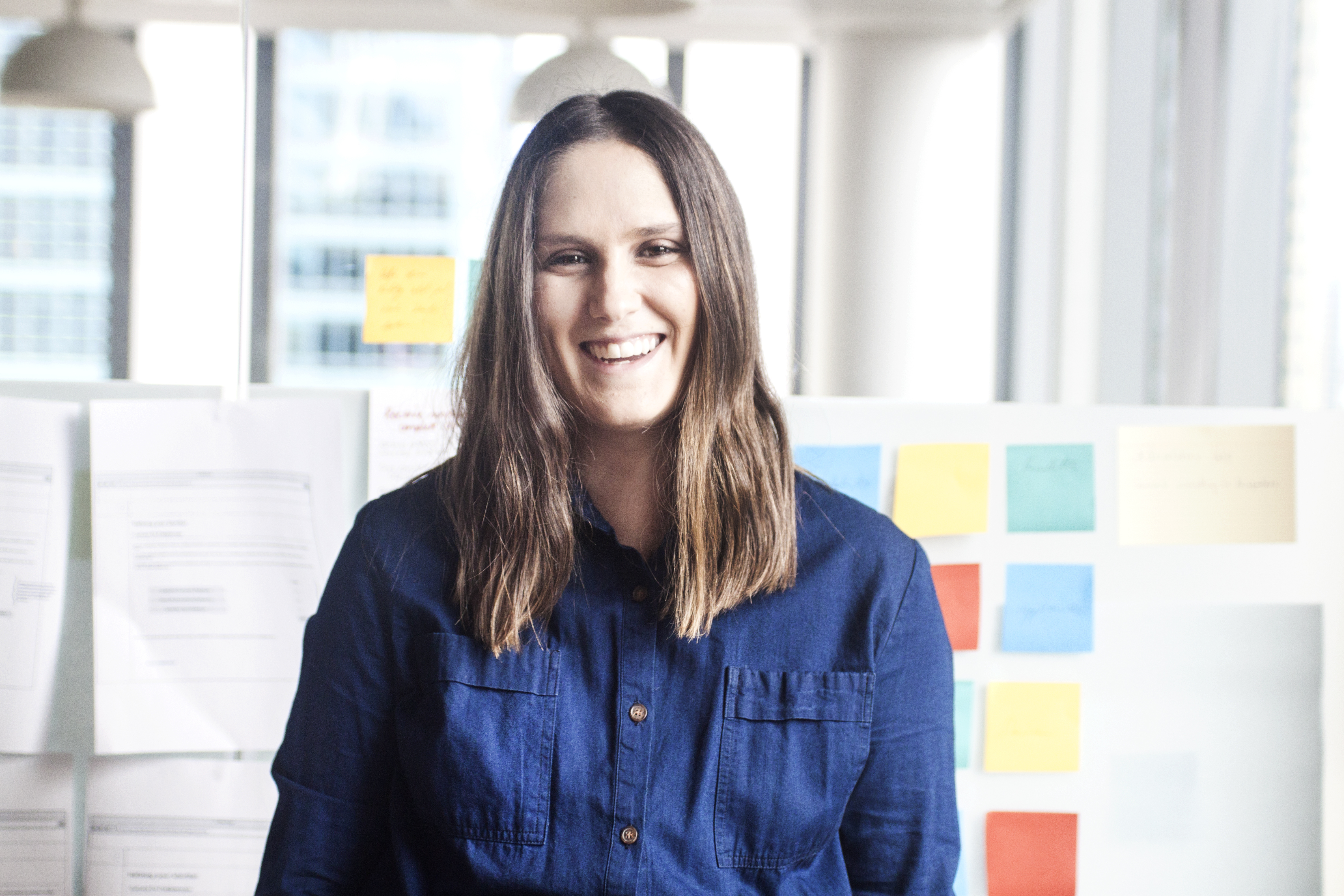Pandemic layoffs and economic downsizing have made mid-career switches the in-thing these days. For some, it can be one of the most life-changing decisions they make. What drives people to take the leap of faith to do something totally different? What are the motivating factors and the struggles behind their decisions? TheHomeGround Asia speaks to a lawyer turned startup entrepreneur, a fitness junkie turned tech guy, and a platoon commander turned nurse to find out why and how they made the change.
In 2020, things looked bleak. The Covid-19 pandemic battered workers with job losses and wage cuts and unemployment in Singapore rose to 4.6 per cent, the highest in over a decade. This forced a large number of people to start thinking out of the box, whether they should be looking elsewhere, or even making a total career switch, to support themselves and their families. Taking that plunge into a mid-career switch can undoubtedly be daunting as it requires getting out of the comfort zone.
Corporate Lawyer turned start-up lover
Crazy was what friends told Elisia Retsas, 36, when she dropped her law books to immerse in the start-up scene.
“Lots of people thought I was crazy for leaving such a secure and esteemed profession. But I knew that a switch was the right thing to do, even though it was a little bit scary,” she says.
But what was even scarier for Ms Retsas, was having her entire life planned out for her. “I could tell you exactly how my career would end before it even started,” she says.
And as the old adage goes, one man’s meat is another man’s poison, “even though lots of people love being in law, it felt too rigid for me. I didn’t feel like I could change anything”, says Ms Retsas.
For Ms Retsas, it was all about recognising that her switch was a long term investment. “Going from the corporate world to startups, I definitely had to take a big pay cut. While that was a bit of a hurdle for me, I knew I had to make some sacrifices in the short term,” she says.
Compared to the corporate environment, the pace in start ups was much faster — something that she took awhile getting used to. “But at the same time, I was able to make changes much faster in a startup, because many of the work procedures weren’t already formalised like in large corporations.”
“It also meant that I was able to accelerate my career a lot faster,” says Ms Retsas, who is now the regional vice president of operations at General Assembly (GA).

In Singapore, the Infocomm and technology (ICT) sector has proven to be a bright spot during the pandemic. As of November 2020, the Ministry of Manpower (MOM) reported strong hiring demand in the sector, with more than 12,000 job openings available. Most (95 per cent) of which are for professionals, managers, executives and technicians (PMETs).
And as individuals and companies struggle to compete in an increasingly technological economy, GA provides training to close the skills gap.
Ms Retsas says leveraging on one’s existing transferable skill sets is key when making a switch from one career to a totally different one.
“A lot of mid-career professionals have so much value to bring to organisations. It doesn’t mean that you have to start at the bottom again. It just means that you’re bringing old skills into a new profession,” she says.
Swapping army fatigues for scrubs
For Singapore Armed Forces (SAF) platoon commander Lau Yee Cheng, 30, a different phase in life drove her to swap her combat boots for medical scrubs. She decided to go back to school and is now a second-year nursing undergraduate at the Alice Lee Centre for Nursing Studies.
“[My husband and I] planned to have a kid, but it was only during my pregnancy that I realised I needed to leave the army and my role as a commander,” says Ms Lau, who was six months pregnant when she resigned from her military position.
As someone who believes that she should be on the ground with her platoon and lead by example, she continued her usual duties carrying field packs and going on outfields despite being an expectant mother.
Leaving was bittersweet because Ms Lau “loved the job and left rather prematurely when [she] actually had plans to become a company commander”. But she decided to put her unborn child and family before her career.
“The training hours at SAF can be quite irregular, and most other industries would allow me to be more present in my child’s life. So even though I’ve taken more than a 50 per cent pay cut, I’m much happier now,” she says.
Ms Lau adds that becoming a mother has, in many ways, turned her back to the healthcare industry. She had majored in Traditional Chinese Medicine (TCM) at the Nanyang Technological University (NTU) and now derives a similar sense of satisfaction from providing care for others as she did when studying TCM.

Making a switch is never always a bed of roses, and there are bound to be irreconcilable differences across industries that would require a little adjusting.
While she feels that her intense physical training in the army has serendipitously prepped her well for the long-standing hours that come with being a nurse, Ms Lau says she feels a little uneasy moving from a male-dominated industry to a female-dominated one.
“Frankly speaking, I’m more used to communicating with men, who tend to prefer going straight to the point. Even now, I find it easier to work with my male colleagues,” she says.
She says she also experiences hints of ageism and insecurity. “Even though I’m about the same age as the full-fledged nurses, I still find it hard to talk to them at times, and am struggling with being different during the staff lessons,” she says. “I hope that [society] sees past the years and treats us like any other nurses that are new to the industry.”
From gym rat to computer geek
Like Ms Retsas and Ms Lau, fitness trainer Billy Aw, 25, traded his weights and running shoes for a totally different field. Mr Aw, who was with Virgin Active for five years, took on the extra challenge of delving into UX (User Experience) Design. Even with two vastly different vocations, Mr Aw finds that they embody the same principles.
“Whether it’s teaching a fitness class or UX design, you’re similarly thinking about how you can make the experience better for your participant,” he says. “You’re placing yourself in their shoes and trying to understand the pain points and problems.”

Mr Aw feels the tech world is a refreshing change of scene for him and describes it as a “rebirth”. “When it comes to fitness, everyone’s self-esteem is jumbled up with their body image. Sometimes you can’t help but get really political or judgemental,” he says.
“In contrast, my classmates at GA were so supportive and didn’t set up a competitive environment at all,” he says. “We’re all from different walks of life, but we had one thing in common — we were all going through a career change together.”
Lifelong learning
While many people associate learning with getting a formal education in school or university, lifelong learning from the school of life is the path increasingly taken today.
“I had invested a lot in my university degree, but I realised quickly that what I’d learnt was quite outdated, even just after I’d graduated,” says Ms Retsas, adding that employers these days are looking past university certificates. “We should never take a job description at face value, because companies are increasingly looking at the skills and credentials that you can bring to the role.”
Agreeing, Mr Aw says studies aren’t everything, but skills are. “I didn’t do well in ‘A’ levels at all but when I presented all my projects to the Singapore University of Technology and Design (SUTD), they took me in in a heartbeat,” he says.
He believes that his decision not to pursue a university degree immediately after junior college was what ultimately helped him discover what he was truly passionate to learn later in life.
“I was sent to Bangkok, Kuala Lumpur, and Jakarta to develop and educate other instructors. That was how I got to meet a lot of people and fostered deep experiences and relationships over the years,” he says.
Join the conversations on TheHomeGround Asia’s Facebook and Instagram, and get the latest updates via Telegram.





























